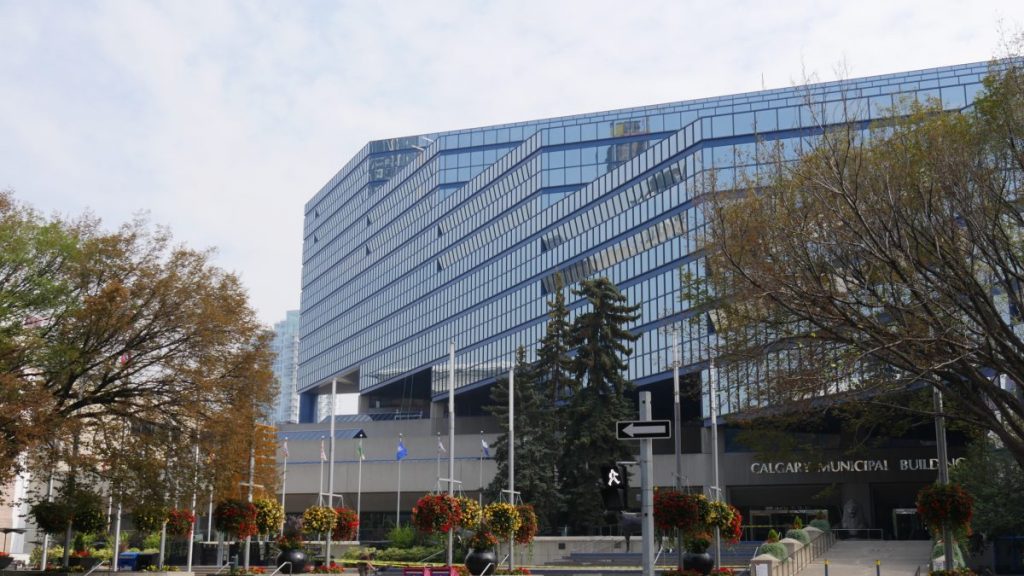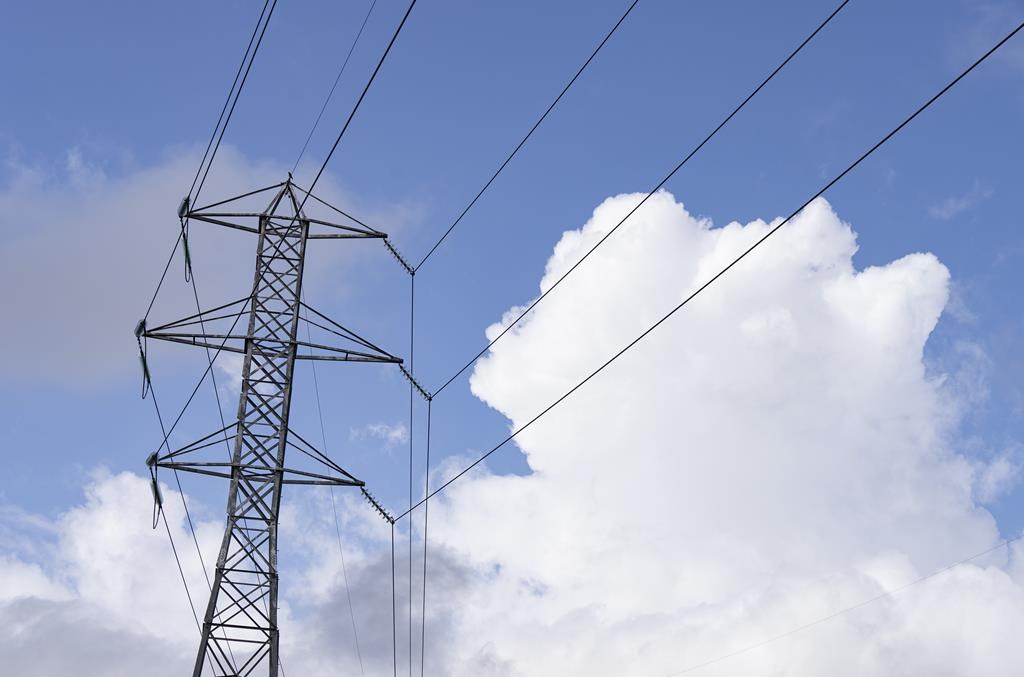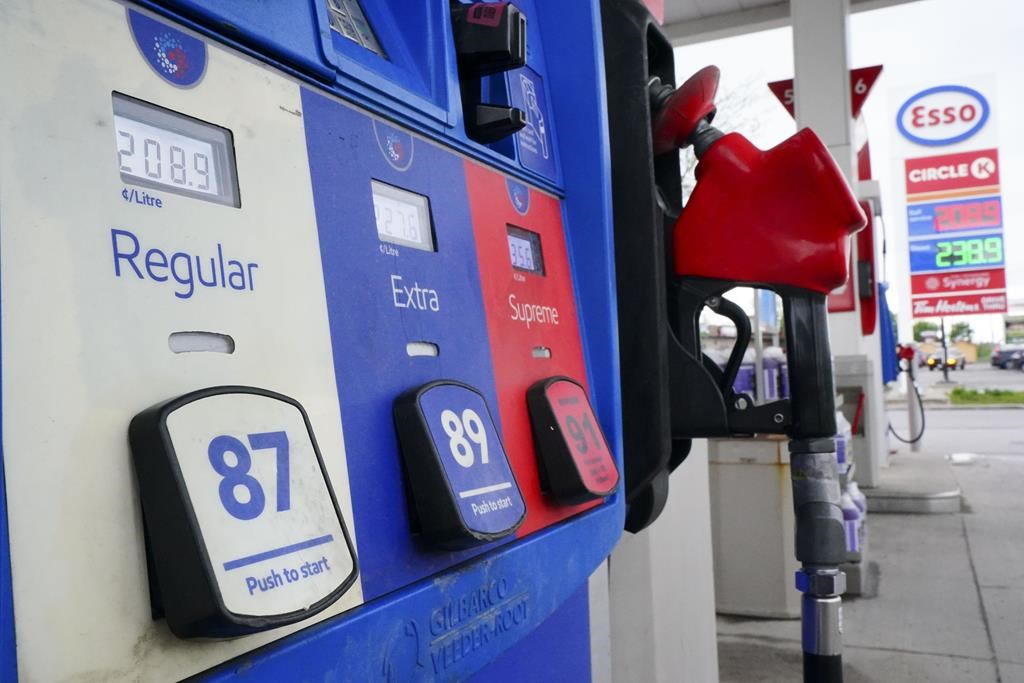Final phase of all-weather road for isolated First Nation about to begin
Posted Jan 30, 2018 3:29 pm.
Last Updated Jan 30, 2018 4:00 pm.
This article is more than 5 years old.
WINNIPEG – The final phase of construction is about to begin on an all-weather road for an isolated Indigenous community separated from the outside world more than a century ago.
Freedom Road will provide a year-round landlink between the Shoal Lake 40 First Nation in northwestern Ontario and the Trans-Canada Highway in Manitoba.
The First Nation was cut off from the mainland in 1915 during construction of an aqueduct that supplies Winnipeg with drinking water.
Shoal Lake residents, however, have been under a boil-water advisory for two decades.
Band members have depended on a ferry over the years to get to the reserve in the summer and used a treacherous ice road in the winter.
The federal and provincial governments, along with the City of Winnipeg, agreed in late 2015 to chip in towards the cost of the road.
Shoal Lake 40 Chief Erwin Redsky, along with politicians from all levels of government, was in Winnipeg for Tuesday’s announcement.
“Building Freedom Road has been a declaration of our right to exist, a right to be included in Canada, that we began asserting in 2003,” Redsky said in a release.
“Without safe access, our community could not survive physically nor economically.”
The First Nation has long maintained that a road was necessary to provide the community with clean water and emergency medical services.
A water treatment plant was prohibitively expensive without a way to transport construction material and supplies, but it is one of the first projects the community hopes will go ahead once the road is completed.
“Freedom Road will significantly improve the well-being of community members and is a long-overdue step toward unlocking economic opportunities … and advancing reconciliation,” said federal Indigenous Services Minister Jane Philpott.










